Electric vehicle (EV) drivers enjoyed a drop in the price of charging at ultra-rapid chargers in May, according to the AA.
Its latest EV Recharge Report reveals a 2p drop in peak and off-peak charging at the fastest speeds, while pump prices began to show volatility.
Petrol prices fell towards a four-year low of 132p a litre in May, bottoming out in early June, and knocked off 2.3 pence a litre in a month.
However, that benefit is now disappearing as the impact of the Iran-Israel starts to show at the pumps.
In the past week, average prices at forecourts have risen by around 2p a litre, while drivers of electric cars are benefitting from comparatively stable electricity prices.
Meanwhile, the OFGEM energy price cap is set to fall further on July 2.
AA EV Recharge Report, May 2025, flat rates
|
Charge Type |
Speed |
May Ave (p/kWh) |
Apr Ave (p/kWh) |
Difference (p/kWh) |
Cost to add 80% charge |
Pence per mile (p/mile) |
|
Domestic |
Up to 7kW |
27 |
27 |
0 |
£10.80 |
6.10 |
|
Slow |
Up to 8kW |
50 |
50 |
0 |
£20.00 |
11.30 |
|
Fast |
8-49kW |
60 |
60 |
0 |
£24.00 |
13.56 |
|
Rapid |
50-149kW |
74 |
74 |
0 |
£29.60 |
16.72 |
|
Ultra-rapid |
+150kW |
78 |
78 |
0 |
£31.20 |
17.63 |
|
PETROL |
132.30 ppl |
134.60 ppl |
- 2.30 ppl |
£42.34 |
11.57 |
|
AA EV Recharge Report, May 2025, peak and off-peak rates
|
Charge Type |
Speed |
May Ave (p/kWh) |
Apr Ave (p/kWh) |
Difference (p/kWh) |
Cost to add 80% charge |
Pence per mile (p/mile) |
|
Slow Off-Peak |
Up to 8kW |
43 |
43 |
0 |
£17.20 |
9.72 |
|
Slow Peak |
Up to 8kW |
58 |
58 |
0 |
£23.20 |
13.11 |
|
Fast Off-Peak |
8-49kW |
54 |
54 |
0 |
£21.60 |
12.20 |
|
Fast Peak |
8-49kW |
87 |
85 |
2 |
£34.80 |
19.66 |
|
Rapid Off-Peak |
50-149kW |
54 |
54 |
0 |
£21.60 |
12.20 |
|
Rapid Peak |
50-149kW |
87 |
85 |
2 |
£34.80 |
19.66 |
|
Ultra-rapid Off-Peak |
+150kW |
45 |
47 |
-2 |
£18.00 |
10.17 |
|
Ultra-rapid Peak |
+150kW |
63 |
65 |
-2 |
£25.20 |
14.24 |
|
PETROL |
132.30 ppl |
134.60 ppl |
- 2.30 ppl |
£42.34 |
11.57 |
|
With just over five years before the 2030 sales restrictions on new petrol and diesel cars, the AA is reiterating its call for the Government to help stimulate sales of new EVs by creating or supporting an incentive.
While figures from the Society of Motor Manufacturers and Traders (SMMT) show that monthly EV sales are strong, these are heavily supported by cars bought by fleets, says the AA.
Private individuals choosing electric cars are not as progressive as they could be as many comparable models are considerably more expensive than their fossil fuel counterparts, it argues.
The AA has long called a ‘help to buy’ scheme, such as 0% loans or a reduction in VAT which has recently been supported by the SMMT.
Jack Cousens, head of roads policy for the AA, said: “With the potential for fuel prices to rise in the short term, EV drivers are protected from daily oil price fluctuations.
“The price of electricity should be cheaper, yet electric vehicle owners benefit greatly from a commodity that offers better stability and uniformity.
“The 2p cut in ultra-rapid charging is a good start ahead of the summer holidays, but more needs to be done to bring down the cost of charging on the public network.
“The planned reduction to the energy price cap will help drivers charging on their driveway, but the cost in wholesale energy needs to be felt when charging away from home.”
Similarly, Cousens says that there needs to be a targeted effort to help more drivers make the switch to EVs if the only stumbling block is the initial purchase price.
“At the moment, company car drivers and those with access to salary sacrifice schemes are propping up the new EV market,” he added.
“Ultimately, the more new EV sales that can be made leads to a strong used car market where most UK car sales are made.
“We are pleased that the SMMT has backed our calls for new car incentives, and we urge the Government to act as soon as possible to help the EV transition.”

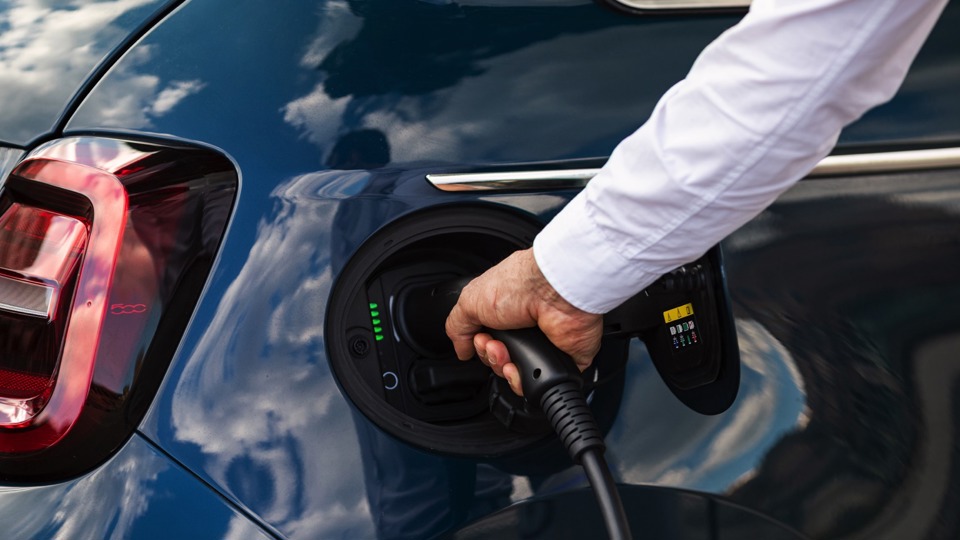




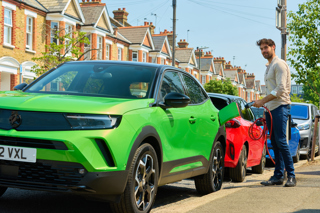
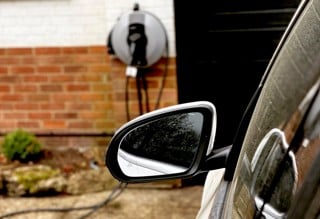

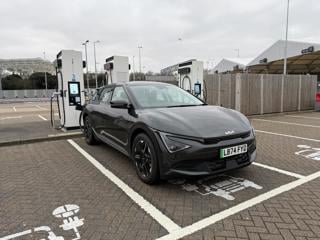
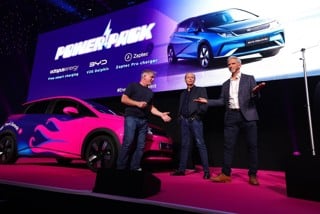














Login to comment
Comments
No comments have been made yet.